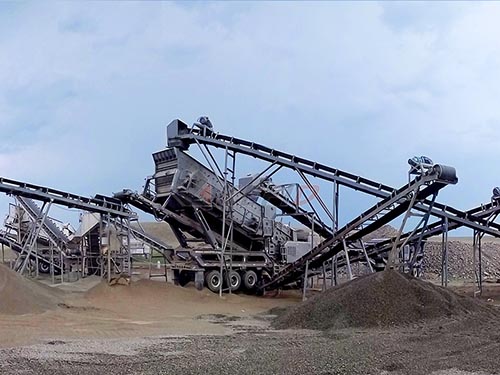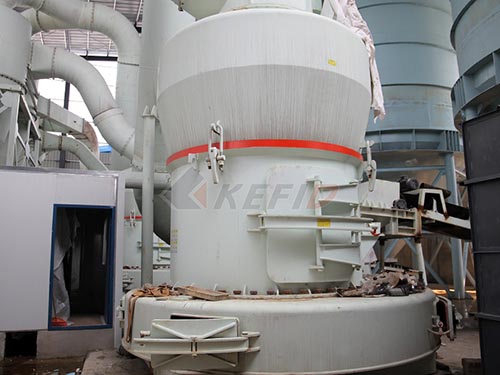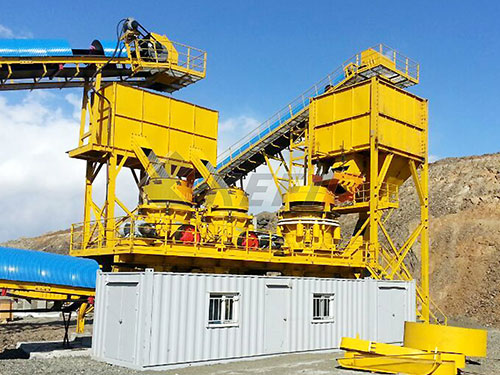The Imperative of Abrasion-Resistant Crusher Wear Parts: A Strategic Investment for Nigeria’s Resource Sector
Nigeria stands at a pivotal juncture in its economic development trajectory. With vast mineral wealth – including limestone, granite, iron ore, coal, lead-zinc deposits, and tantalite – coupled with an urgent need for massive infrastructure expansion and urbanization projects like roads, bridges, housing estates, and power plants (such as the Mambilla Hydro project), the demand for aggregates and processed minerals is skyrocketing. At the heart of this essential production chain lies crushing equipment – jaw crushers, cone crushers, impactors – tasked with reducing massive rocks into usable sizes. However, the very process that unlocks these resources relentlessly attacks the crushers themselves through abrasive wear. Investing in genuinely abrasion-resistant crusher wear parts isn’t just an operational expense; it’s a fundamental strategic decision critical to unlocking profitability, sustainability, and competitiveness within Nigeria’s burgeoning extractive and construction industries.
Understanding the Enemy: Abrasive Wear in Nigerian Contexts
Abrasion occurs when hard mineral particles slide or roll against metal surfaces under pressure during crushing operations. Its severity depends on several factors highly relevant to Nigeria:

1. Material Hardness & Composition: Nigerian granite and quartz-rich deposits are notoriously abrasive due to their high silica content (>70% SiO2). Limestone varies but often contains significant abrasive impurities like chert or sand.

2. Feed Size & Gradation: Larger feed sizes exert greater force on liners during initial compression stages (jaw/primary gyratory). Poorly graded feed can cause packing and accelerated wear in crushing chambers.
3. Moisture & Fines Content: Wet material can be sticky in secondary/tertiary stages (cone crushers), increasing sliding friction wear.
4. Operating Conditions: Frequent start-stop cycles due to power instability (a common challenge), improper feeding practices (“flood feeding” vs “choke feeding”), incorrect crusher settings (CSS), or excessive tramp metal drastically accelerate wear rates.
5. Environmental Factors: High ambient temperatures prevalent across much of Nigeria can affect material properties and lubrication effectiveness.
The consequences of ignoring abrasion resistance are severe:
Catastrophic Downtime: Premature liner failure halts entire production lines unexpectedly.
Exorbitant Replacement Costs: Frequent part changes drain operational budgets rapidly.
Reduced Throughput & Quality: Worn liners compromise product shape/size

Leave a Reply